As people get older, their mouth changes. Teeth may feel more sensitive and gums may bleed more. These issues seem small, but can lead to pain or tooth loss. Many think this is normal aging, but it is not. With the right care, you can keep your teeth and gums healthy. In this article, we explain everything about aging and oral health and how to take care of your mouth as you age.
Table of Contents
ToggleImportance Of Oral Care In the Elderly
Older adults need more dental care because:
- The mouth becomes weaker over time.
- Health conditions and medicine affect teeth and gums.
- Healing slows down as you age.
- Less saliva means more plaque and decay.
- Dry mouth increases the risk of cavities and infection.
- Gums may pull back and cause loose teeth.
How Age Can Affect Oral Health?
As people get older, their mouth changes in many ways. These changes can affect the strength of teeth and the health of gums. Let’s see how:
- The outer layer of the tooth (enamel) gets thinner.
- Thin enamel breaks easily and protects the tooth less.
- Gums may pull back and expose the roots.
- Exposed roots can cause pain from hot or cold foods.
- Losing teeth can cause the jawbone to shrink.
- A weak jawbone makes chewing and speaking harder.
- Some people grind their teeth, which damages them.
Common Oral Health Problems In Older Adults
Older adults often have more dental problems than younger people. Common problems include:
- Bleeding and swollen gums
- Tooth loss
- Cavities near the roots
- Dry mouth
- Slow healing infections
- Loose teeth
- Mouth sores
- Pain from poor-fitting dentures
- Trouble eating and speaking
How to Protect Your Teeth and Gum?
You can protect your mouth with simple daily habits. These steps help keep your teeth and gums strong as you age.
- Brush your teeth two times a day with a soft toothbrush and fluoride toothpaste
- Floss or use small brushes to clean between your teeth
- Drink water often to keep your mouth from getting dry
- Visit your dentist every six months for exams and cleanings
- Do not smoke, as it damages gums and slows healing
- Use a night guard if you grind your teeth while sleeping
- Check your dentures to make sure they fit well
Get Expert Help With Aging and Oral Health
At Atrium Dental, we focus on the special care needed for aging and oral health. As you get older, your teeth and gums need extra attention to stay strong. Our team understands these changes and uses gentle, modern care to treat them. Make an appointment for a free consultation and get the support you need to protect your oral health as you age.
Aging and Oral Health: Let’s Recap
Aging and oral health need extra care as you grow older because your mouth becomes more sensitive to problems like tooth decay, gum disease, and dry mouth. You can protect your teeth and gums by brushing, flossing, drinking water, and visiting your dentist regularly. These simple habits help you avoid pain, tooth loss, and other serious issues. Taking care of your mouth also helps your overall health stay strong.
FAQs
What Happens To Your Mouth As You Age?
Your enamel becomes thin your gums move back and your saliva lessens. This makes your teeth weaker and more open to problems.
Why Is Gum Disease More Common In Older Adults?
Gums become weaker with age and pull away from teeth. This makes it easier for bacteria to grow and cause harm.
Which Part Of The Tooth Weakens With Aging?
The enamel weakens the most. It gets thinner and does not protect your teeth like it used to.
At What Age Dental Problems Start?
Dental problems often begin in your 40s or 50s and get worse over time without care.
Why Do Teeth Loosen With Age?
Teeth loosen because bone and gums shrink. This makes teeth lose their support and fall out.

